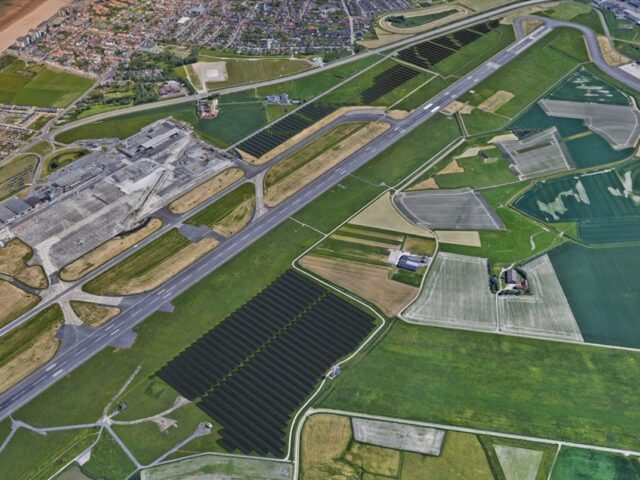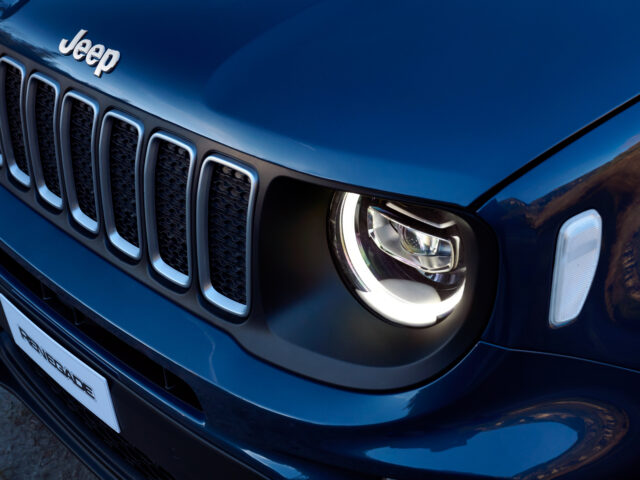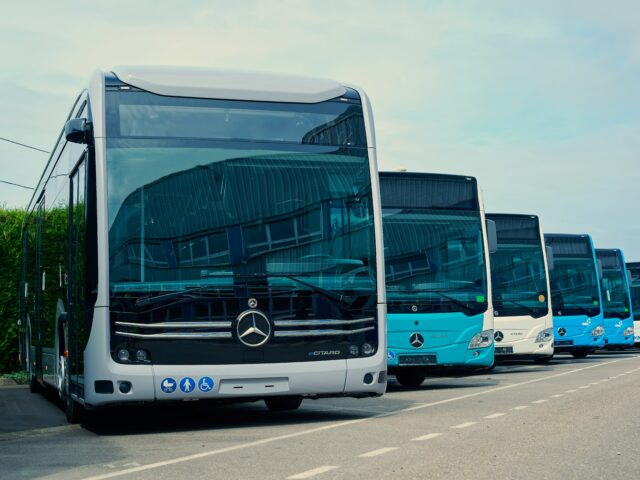The EU Commission revealed on Wednesday the rate of the ‘intended’ extra taxes on imported Chinese EVs, ranging from 17.4 to 38.1% on top of the existing 10% import duties on all cars today. China, meanwhile, accuses the EU of intended protectionism and warns “not to go the wrong way.” It threatens to open a case with the World Trade Organization (WTO).
Meant to protect the European car industry from ‘unfair competition’, the majority of them are the least of all happy, and countries like Germany, Sweden, and Hungary have already announced they will try to stop the intended tax wall before it eventually becomes European law in November of this year.
Unfair subsidization
Without giving insight into the actual results of the ongoing investigation for now, the EU Commission says that it “has provisionally concluded that the battery electric vehicles (BEV) value chain in China benefits from unfair subsidization, which is causing a threat of economic injury to EU BEV producers. The investigation also examined the likely consequences and impact of measures on importers, users, and consumers of BEVs in the EU.”
The Commission says it will publish in the Official Journal a regulation explaining in detail the provisional findings that led to this level of duties. Most of them would relate to tax benefits and low-rate loans Chinese carmakers can get from their government.
Between 17.4 and 38.1%
“In this context, the Commission has pre-disclosed the level of provisional countervailing duties it would impose on imports of battery electric vehicles (‘BEVs’) from China,” the official press release reads.
“Should discussions with Chinese authorities not lead to an effective solution, these provisional countervailing duties would be introduced from 4 July by a guarantee (in the form to be decided by customs in each Member State). They would be collected only if and when definitive duties are imposed.”
Only three brands sampled
The import duties will differ depending on the degree of subsidization found, but the Commission only names three already sampled Chinese manufacturers. For an entirely privately owned BYD, primarily a battery maker but competing with Tesla to be the world’s biggest EV maker today, that would be a 17.4% extra levy.
SAIC, one of the four largest Chinese state-owned automobile manufacturers, is better known in Europe for the electric MG brand it exports. It would pay the highest extra tariff of 38,1%, for a total of nearly 50%. That tariff will be imposed on all Chinese carmakers who are unwilling to cooperate in the EU investigation. Those who show more openness will pay 21% extra.
Following a substantiated request, one BEV producer in China—Tesla—may receive an individually calculated duty rate at the definitive stage,” the Commission adds. The Commission refers to the American EV maker’s gigafactory in Shanghai, which is also building the Model Y and Model 3 for export. Tesla claims not to have the same benefits from the Chinese government as local industry.
Also, Chinese-made EU cars
Zhejiang Geely Holding is privately owned and the parent company of European carmakers Volvo, Polestar, and Lotus. For them, the extra tax would be 20%. Apart from Polestars, it is building the Volvo EX30 exclusively in China for worldwide exports and will start building it in Ghent (Belgium) in 2026.
It’s a comparable story for the Volvo EX90, which is built in the US and will start production in China, too. Geely is also building the electric Smart #1 and #3 in a 50/50 joint venture with Mercedes. However, BMW is also heavily involved with China-built iX3 electric SUVs and minis.
Key profit center
With Volkswagen ahead, the three big German carmakers have huge interests (and partnerships) in China, where more than 50% of all new cars are sold today. They fear countermeasures from the Chinese government, which officially accuses the EU of protectionism. These could also hit high-margin European luxury cars with combustion engines, a key profit center for these companies.
Pleading for lower import taxes
Lobbying for higher import tariffs to stop the influx of cheap Chinese EVs is driven mainly by France and Spain within the EU to protect their car industry. But even their car industry leaders, like Carlos Tavares from Stellantis (with Peugeot, Citroën, Fiat, and Jeep, among others) and Renault-boss Luca di Meo are unhappy with that démarche.
Making deals with the Chinese
De Meo ventilated some doubts just two months ago. “It is my honest opinion that we don’t have to fight the Chinese; we can also make deals with them,” he argued. “We did it already with Geely and Envision, and we have to think of how China can help us to decarbonize Europe quicker. And where cost is concerned, with our new R5 Electric, we master them and can be competitive, also with the Chinese.”
Tavares said earlier this year that while the Chinese offensive is possibly the most significant risk companies like Stellantis are facing right now, the solution is “to work very, very hard to make sure that we make our consumers better offerings than the Chinese.”
Access to battery materials first
“The first step is to reach cost competitiveness by producing the most expensive part of an electric car, the battery, in Europe and making EVs affordable to mass-market buyers,” he added. And that seems to be the core of the ‘official’ reaction of ACEA, the European Car Manufacturers Association, too.
“ACEA has consistently affirmed that free and fair trade is essential in creating a globally competitive European automotive industry, while healthy competition drives innovation and choice for consumers,” its CEO Sigrid De Vries says in a statement.
Robust industrial strategy
“What the European automotive sector needs above all else to be globally competitive is a robust industrial strategy for electromobility,” she said. “This means ensuring access to critical materials and affordable energy, a coherent regulatory framework, sufficient charging and hydrogen refilling infrastructure, market incentives, and much more.”
So, it seems the last word hasn’t been said yet in this complex matter. Anyway, the EU Commission says it leaves the door open for the Chinese government to negotiate to avoid a trade war, and it is up to the member states to vote on the final proposal before November 2024. For these higher taxes to become law for approximately five years, a simple majority of the 27 will have to vote in favor.




Comments
Ready to join the conversation?
You must be an active subscriber to leave a comment.
Subscribe Today